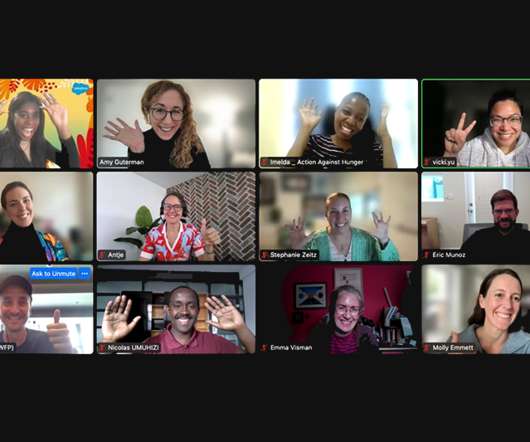Announcing Our Second Impact Labs Cohort on Zero Hunger: Supporting Small-Scale Farmers Globally
Saleforce Nonprofit
NOVEMBER 10, 2022
Hunger is a global issue that affects everyone, everywhere. A couple of weeks ago, we announced our first cohort on Zero Hunger, focusing on food insecurity in the United States. But as we know, getting to Zero Hunger will take collaboration from all regions, with multiple approaches to address the contributing factors.












Let's personalize your content